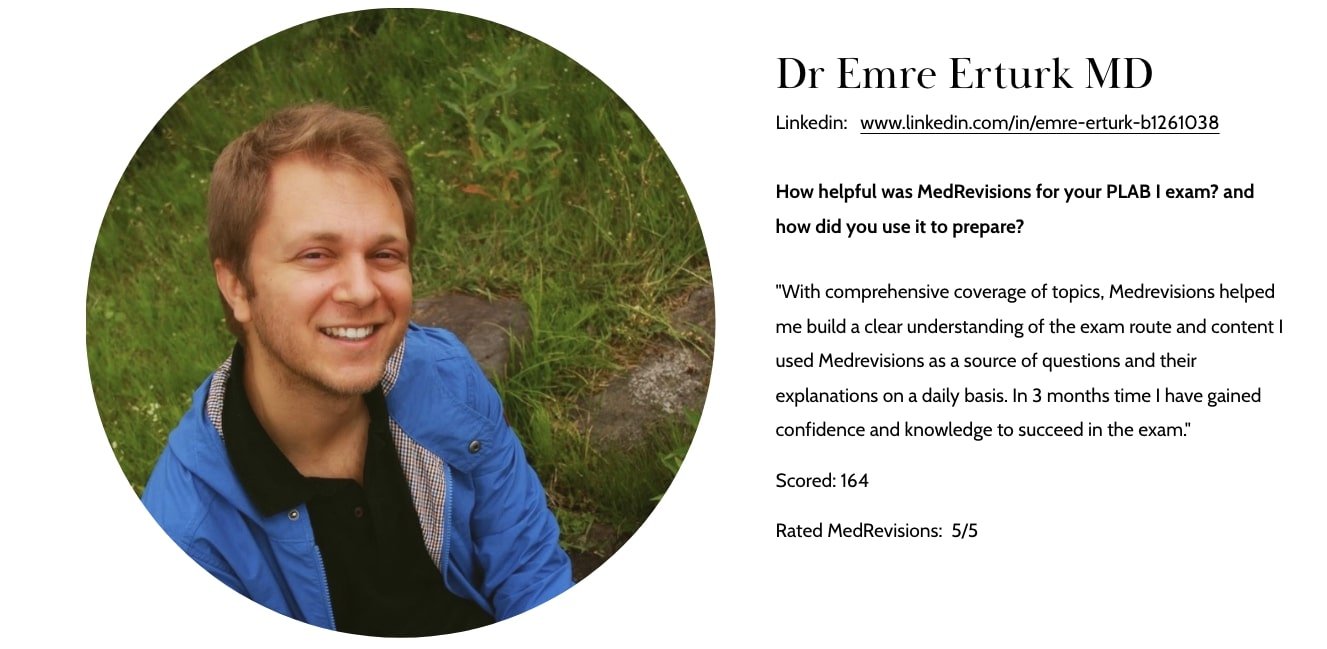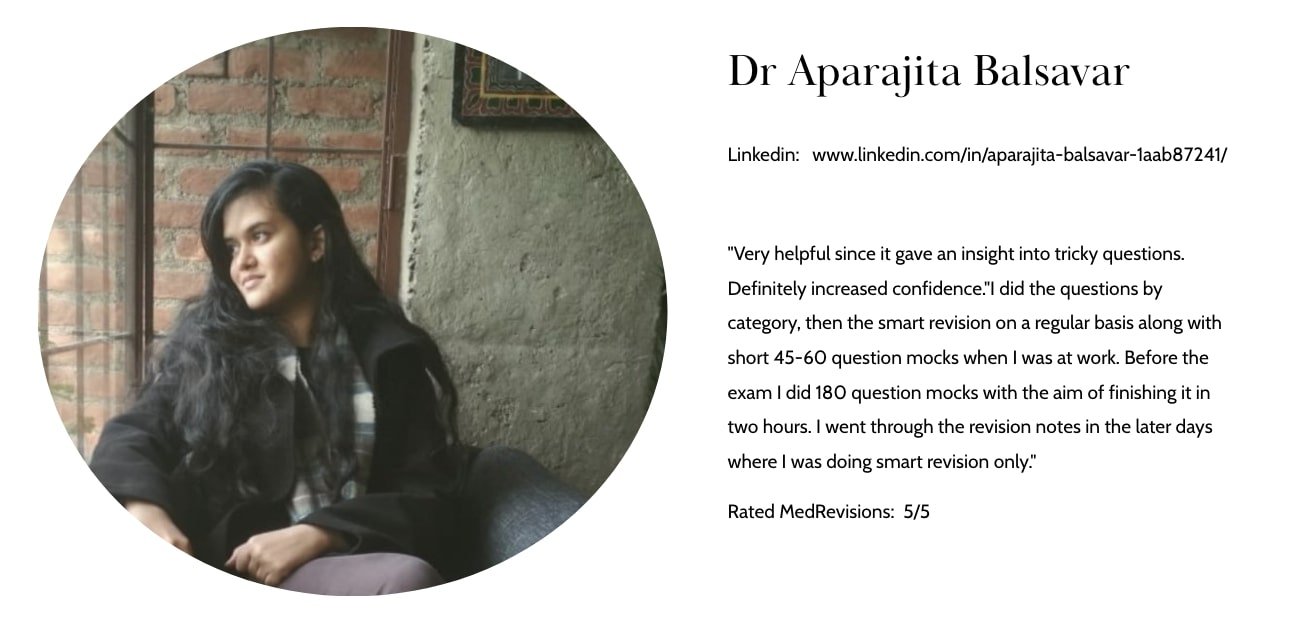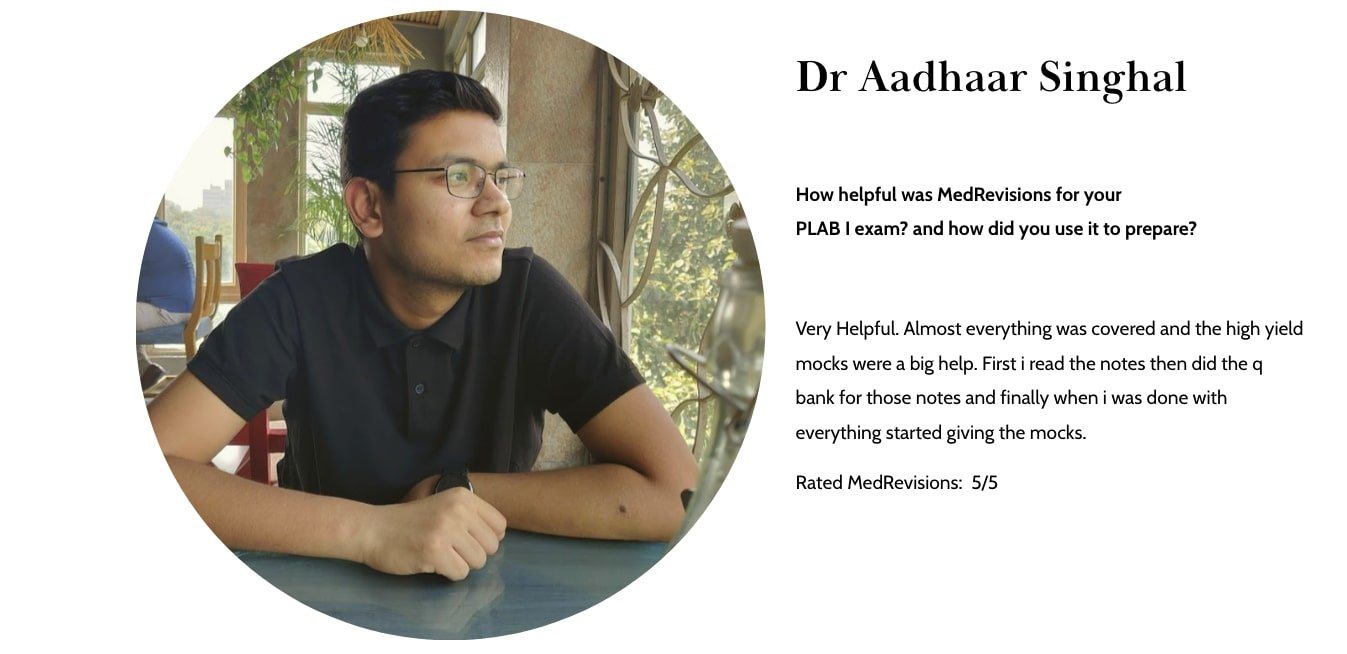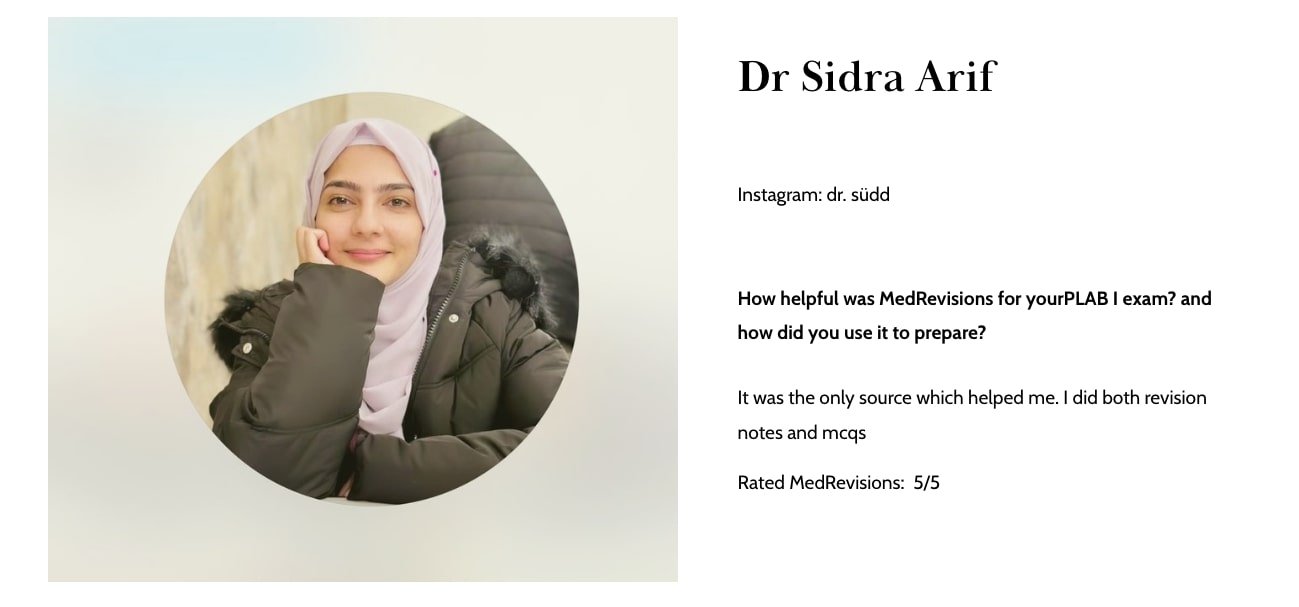UKMLA / PLAB 1 Exam Question Q77: Antidepressant-Induced Mania – Explained
Mastering psychiatry is crucial for success in the PLAB 1 or UKMLA exams. Today, we'll dive into a high-yield question on antidepressant-induced mania – a topic that frequently appears on these exams. MedRevisions is committed to helping you ace your exams with in-depth explanations and top-notch study materials. Let's get started!
UKMLA or PLAB 1 Question:
A 60-year-old man has been sleeping only a few hours per night for the past 2 weeks. He reports feeling excessively energetic and engaging in multiple projects, with a decreased need for sleep. He was diagnosed with depression and began antidepressant medication 3 months ago. What is the most appropriate next step in his management?
A. Increase his antidepressant dose
B. Start lithium
C. Start olanzapine
D. Stop his antidepressant
E. Switch to a different antidepressant
Answer is given below
Our content is updated to align with the MLA content map
〰️
Our content is updated to align with the MLA content map 〰️
Past PLAB 1 candidates reviews about MedRevisions verified with results
Follow us on telegram for more free questions
PLAB or MLA exam Study groups: Find the 10% discount referral links here
Articles with important insight:
Important update to the PLAB exam: Is the PLAB exam based on the MLA content map from August 2024 onward? Find out more about the change and how to prepare for it here.
Evolving Nature of PLAB 1 Exam Questions: Is the exam getting tougher? A Closer Look with examples
What Past PLAB 1 candidates say about us (with exam results)
Answer and Detailed Explanation:
Correct Answer: D. Stop his antidepressant
Clinical Scenario: The patient's symptoms of decreased sleep, hyperactivity, and increased energy strongly suggest a manic or hypomanic episode. This is especially concerning given his recent initiation of antidepressant treatment for depression.
Differential Diagnosis: The most likely diagnosis is antidepressant-induced mania. This occurs when a patient with underlying bipolar disorder (which may have been undiagnosed) experiences a manic or hypomanic switch after starting an antidepressant.
Management of Antidepressant-Induced Mania: The immediate and most appropriate step is to stop the antidepressant. Continuing it could worsen the manic symptoms.
Why Other Options Are Less Appropriate:
A. Increase his antidepressant dose: This would likely exacerbate the mania and is contraindicated.
B. Start lithium: Lithium is a mood stabilizer used for bipolar disorder, but the priority is to stop the antidepressant first. Lithium may be considered later for long-term management.
C. Start olanzapine: Olanzapine is an antipsychotic that can manage acute mania, but stopping the antidepressant is the essential initial step. Olanzapine might be added if mania persists after antidepressant discontinuation.
E. Switch to a different antidepressant: Switching would not address the underlying issue and could potentially worsen the mania.
Long-Term Management:
After stopping the antidepressant, the patient should be closely monitored. If manic symptoms continue, a mood stabilizer (e.g., lithium) or an antipsychotic (e.g., olanzapine) might be initiated to manage the current episode and prevent future ones.
PLAB / UKMLA High-Yield Exam Tips:
Antidepressant-induced mania is a classic presentation of undiagnosed bipolar disorder.
Always consider the possibility of bipolar disorder in patients with new-onset mania, especially if they have a history of depression or are taking antidepressants.
The immediate management of antidepressant-induced mania is to discontinue the antidepressant.
References
- National Institute for Health and Care Excellence (NICE). Bipolar disorder: assessment and management. [NICE Guideline](https://www.nice.org.uk/guidance/cg185).
- Patient.info. Bipolar Disorder. [Patient Info](https://patient.info/doctor/bipolar-disorder).
- Medscape. Bipolar Disorder. [Medscape Article](https://emedicine.medscape.com/article/286342-overview).
This is a high-yield exam PLAB 1/ UKMLA question-style question. At MedRevisions, We provide questions and not only explain the correct answer, we also explain the wrong answer so you will have a comprehensive understanding of the concepts that is commonly tested in the exam. On top of that, we also provide you PLAB 1 / UKMLA exam curated notes with no additional cost.
To discuss to more PLAB or UK-MLA exam questions, Join: PLAB 1 /UKMLA exam study group
At MedRevisions, we strive hard to provide the most up-to-date content available for PLAB Part 1. We constantly add exam-style questions derived from the most recent exam and also update the content to align with the latest NICE/CKS guidelines to ensure doctors pass PLAB Part 1 or UKMLA exam with ease in ONE attempt.
Past PLAB 1 candidates reviews about MedRevisions
How to use MedRevisions effectively for the PLAB 1 exam/ UKMLA exam preparation
Previous PLAB 1 or UKMLA exam guideline update
All MedRevisions recent updates
What we provide:
✅ 4900+ exam style questions
✅ Perfectly tailored exam style notes
✅ 30+ exam mocks
✅ Spaced repetition learning tool




